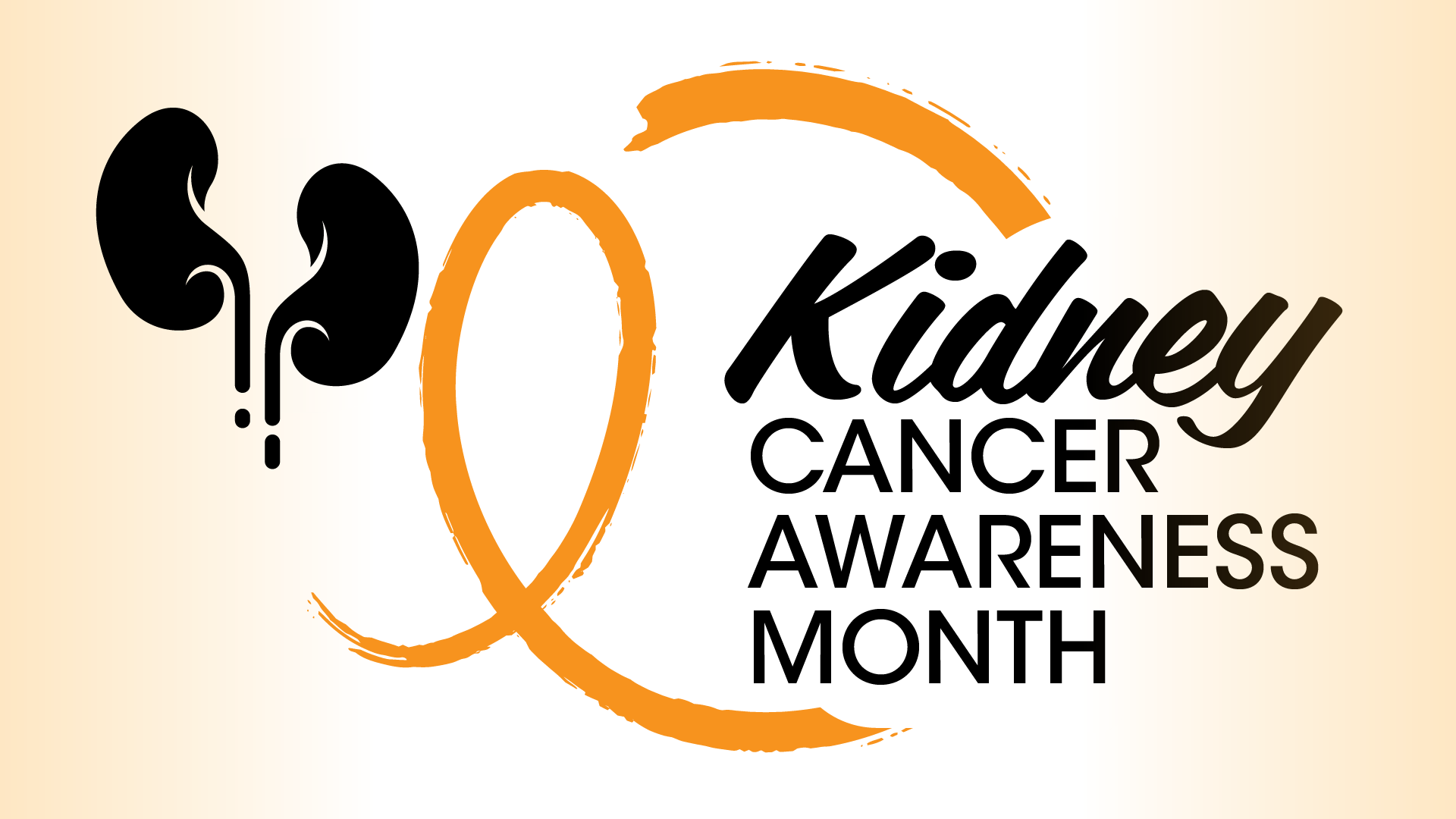
Acupuncture Ranks High ‘High’ on List of Options Kidney Cancer Pain Management

Massage and acupuncture represent promising integrative care strategies for managing stress and pain in patients with kidney cancer and other tumors, according to an expert from University Hospitals.
During
According to Rao, medical director of integrative oncology for University Hospitals Connor Whole Health and president-elect for the Society for Integrative Oncology, acupuncture in particular has demonstrated benefits in terms of alleviating pain, neuropathy, joint aches, and hot flashes.
Rao also spoke about other strategies including managing a patient’s diet and exercise routines to reduce the chances of disease recurrence.
Transcript:
When I think of integrative oncology, I think of a couple of different things. For people where we’re trying to reduce chances of recurrences—that often [involves] lifestyle strategies—that can be important when somebody has been diagnosed and is going through treatment, although it’s often very important afterwards, as well. And that [involves] diet, exercise, and stress management, primarily.
The other side of it is “How can we alleviate symptoms and reduce toxicity from treatments?” And that’s where things like acupuncture really come into play [along with] massage and stress management. We know all of these techniques that all help with a variety of symptoms, including pain and anxiety. There’s different evidence for each one. Neuropathy is something that we see a lot with chemotherapy, for example. How can we reduce some of those symptoms?
I found acupuncture is high on the list when it comes to pain, neuropathy, hot flashes, and joint aches. Massage can be very helpful as well for stress management; we’ve seen in some studies [that it] improves pain and anxiety. And then you want to personalize these approaches to what the patient would benefit from the most and maybe what their interests are, which is partly based on cultural aspects and past experiences. You have to tailor the approach based on what we have available, and what you think will help for those specific symptoms.
Newsletter
Stay up to date on recent advances in the multidisciplinary approach to cancer.





































